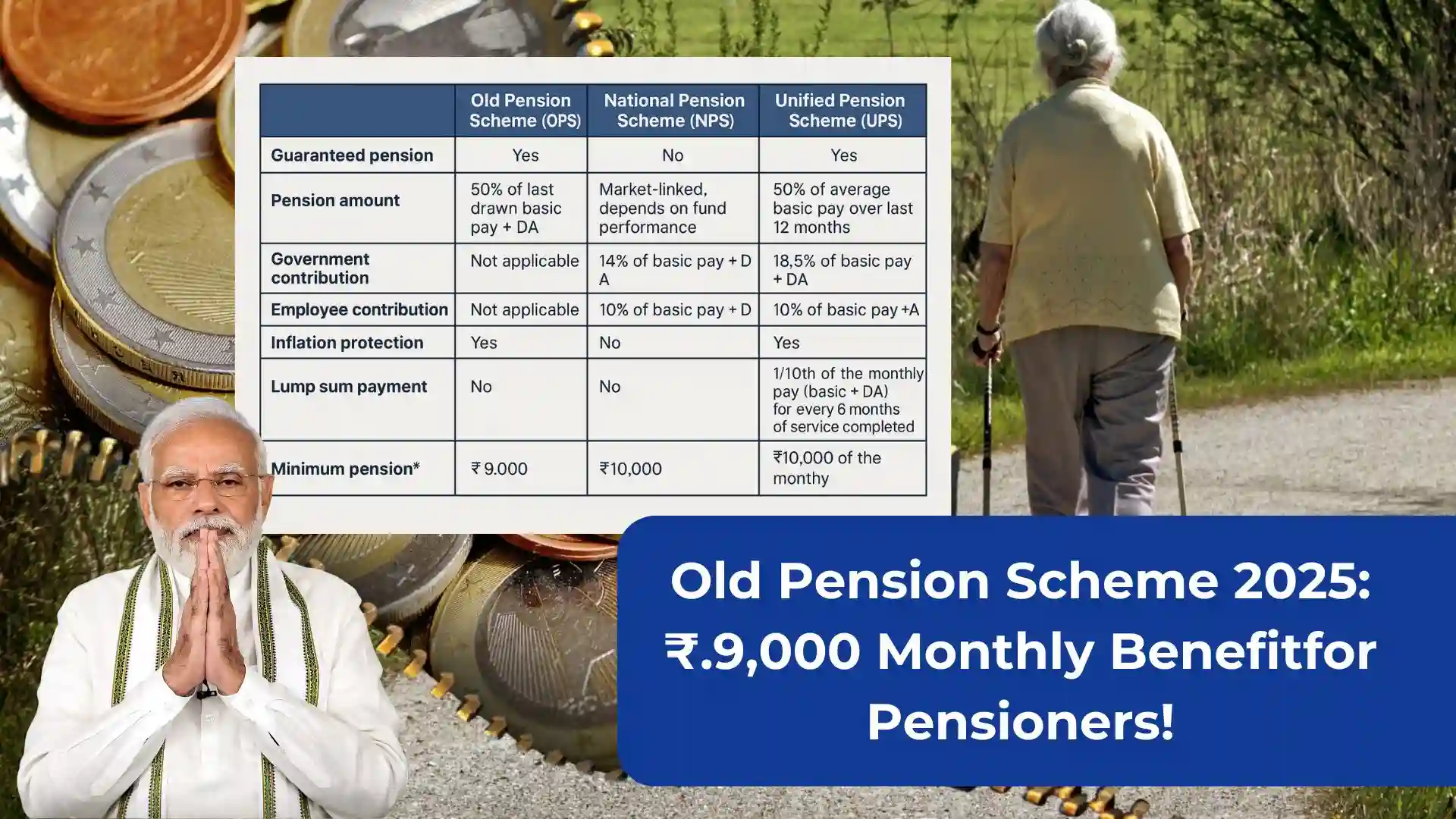You can absolutely save money on a loan without paying off the whole thing at once! The secret is to reduce the amount of money the bank charges you interest on.
Think of it like this: The bank charges interest on the part of the loan you still owe (the Principal). If you pay down that Principal faster, the bank has less to charge interest on, and you save money!
Here are the simplest and most direct ways to save money, even if you don’t complete all your regular payments (EMIs):
1. Part-Prepayment (The Big Money Saver)
This is the fastest way to save.
- What it is: When you have extra money—like a yearly bonus, a tax refund, or extra savings—you pay a lump sum directly to the loan principal. This payment is extra and not your regular monthly EMI.
- How it saves you money: This extra payment immediately cuts down your outstanding loan amount. The bank then calculates your future interest on this smaller amount. This saves you a huge amount of interest over time.
- Your two options after a Part-Prepayment:
- Keep the same EMI: The bank will often shorten your loan period (tenure). You pay off the loan years faster and save the most interest. (Best option for saving.)
- Keep the same Tenure: The bank will reduce your monthly EMI. You get more money in your pocket each month.
2. Pay a Little Extra Every Month
You don’t need a huge lump sum to save.
- What it is: Round up your monthly payment (EMI). If your EMI is
, pay
. Or, just add an extra
or
to your regular payment.
- How it saves you money: You instruct the bank to put that extra money straight toward the principal. Even a small extra payment made every month adds up fast, chipping away at the loan amount and reducing the total interest you pay.
3. Switch Your Loan to a Lower Interest Rate (Balance Transfer)
If interest rates have dropped since you took the loan, you can “move” your loan.
- What it is: You move your existing loan from your current bank to a different bank that offers a lower interest rate.
- How it saves you money: Your outstanding loan amount now has a lower interest rate, so your monthly payment and total interest cost go down.
- A simple warning: Always check the fees the new bank charges for moving the loan, and make sure the savings are worth the move.
🛑 Important Note: Check for Fees
Before you make any extra payments, always call your bank or read your loan papers.
- Some loans (especially older ones or those with a fixed interest rate) might charge a Prepayment Penalty or Foreclosure Charge if you pay extra.
- For loans on a floating interest rate (where the rate changes with the market), banks often do not charge a fee for partial prepayment.
Doing a quick check can make sure the money you pay extra truly goes toward saving you money, and not toward paying a penalty!
This post is for informational purposes only.Invest responsibly.No guarantees of results. Seek professional guidance before investing.Consult experts for personalized advice.AI-assisted content, editorially reviewed.See our terms for details.Please note that I am not a SEBI registered investment advisor. The information provided in this article is for informational and educational purposes only and should not be construed as financial advice. Always consult with a qualified and SEBI registered financial professional before making any investment decisions. .Follows Google policies.Not affiliated with Investopedia.com. investopedia.co.in Independent site.








